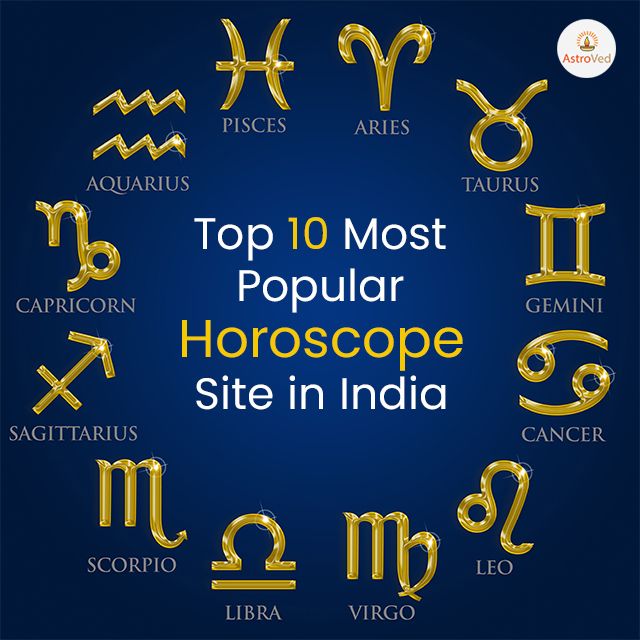

What Baba Ramdev taught the MNCs
How a home grown Indian start-up is teaching the MNCs the secret to success

Baba Ramdev has been the resident Nostradamus in predicting a consumer shift to Ayurvedic products in the country, which somehow seems to have eluded the MNCs. Now there is open acknowledgement that the launch of Patanjali products has created a market and a consumer which was thought to not exist before Patanjali was launched. Remember how Unilever scraped the surface of this trend about 15 years ago with Ayush? Their mistake might have been in giving up too soon. Or it was just perhaps the lack of grit to follow up and create a new market.
Faith Popcorn may have made trendsetting fashionable but Baba Ramdev has done some excellent trend-spotting himself without even perhaps having read or heard of Faith Popcorn.
So how will the market pan out now that a new market has been created. Who will be the winners and who will be the losers? Is this a trend that will stay or like all other trends recede into the background after people have had enough of it?
Lesson no 1 : Trend-spotting is not led by research
For one Baba Ramdev has definitely taught the MNCs that predicting the shape of the market is not dependent on spending millions and billions of rupees on research. Research has rarely predicted the future shape of markets or how innovations will become popular in the future.

Most of the well known innovations be it the Sony Walkman, the Apple Ipod or the Iphone were hardly developed into marketable products because market research told their companies that consumers were looking for products like that. They were not. One visionary like Akio Morita for Sony or Steve Jobs for Apple were quick to spot a future consumer need that made these products famous.
India is an old ayurveda market. Anybody could have predicted that a broad range of fmcg products with a ayurveda heritage could have worked out. But it took a visionary like Baba Ramdev, to take a bold step forward and scale up an ayurvedic fmcg business.
Lesson no 2 : Ayurveda is not just products, it is an entire ecosystem

If MNCs think that by launching Ayurvedic variants of an essentially Western sounding brand, they might be well be mistaken. Patanjali is not just a range of Ayurvedic products. It is an entire ecosystem.
The success of Patanjali goes back to the yoga camps which he has been holding over the years for thousands of people and his televised shows on yoga. As he is known to have said, “Today, more than one billion people know me in this country, and the whole world knows me. Our promise is we’ll never ruin the trust people have in us, come what may.”
I won not because I was the best fighter but because the crowd loved me.
- The Gladiator
The yoga camps are assisted by the Ayurvedic pharmacy that comes under Patanjali. The Divya pharmacy which sells a whole range of Ayurvedic medicines already has a sales turnover of Rs 870 crores. This business provides the main fmcg business some excellent credentials and an overall halo to the Patanjali brand name.


But that has not stopped the MNCs from coming out with a slew of new Ayurvedic variants of their existing brands, hoping to give their consumer's a herbal choice if they wished to have it. For example Colgate launched their herbal variant as a reaction to Patanjali. It remains to be seen how successful this strategy will turn out to be.
Lesson no 3 : Launch your own stores

Run by franchisees, the Patanjali stores can be classified into three formats. Typically 100-150 sq feet in size, the first two sell processed foods and ayurvedic medicines, respectively. The third format at 200-250 sq feet, sells medicines, pulses, rice, detergents, hair care and skin care products. They were the best medium when it came to spreading awareness about our products through word-of-mouth,” says Acharya Balkrishna, managing director, Patanjali Ayurved.
With over 12,000 stores currently, the retail audit conducted by Neilsen does not cover Patanjali's own stores therefore underestimating their retail off-take and market share.
Lesson no 4 : Capitalise on social and cultural trends

Willy-nilly a change of government in India in 2014 may have resulted in several new social and cultural trends. Not the least important is a sense of renewed vigour and pride in the country which led to some mini-trends like "Made in India " which became a resurgence of confidence in products made in India. This perhaps was effectively coupled with other concurrent trends like the rise of a feeling called "nationalism" coupled with other trends like a new Sanskari image. Perhaps the closest English translation of sanskar is ethos and a new ethos has certainly seems to have made its mark over the last 3 years with a change of government. Patanjali is now an unmistakable part of that new ethos. Unfortunately most MNCs would be alien to that ethos and it would defeat most traditional marketing methods.
A new government changing the ethos of a country is not new. Both UK via Brexit and the USA via Donald Trump are exhibiting similar phenomena right now. British Prime Minister Tony Blair was responsible for advocating a 'Cool Britania'. Cool Britannia was a period of increased pride in the culture of the UK throughout most of the 1990s, inspired by 1960s pop culture. The success of Britpop and musical acts such as the Spice Girls, Blur and Oasis and the rise and fame of British actors in Hollywood, led to a renewed feeling of optimism in the United Kingdom following the difficult years of the 1970s and 1980s.
There is no doubt that a change in political landscape comes with other social and cultural waves that a marketer cannot miss.
Lesson 5 : Know your enemy

Baba Ramdev's source of energy seems to emanate from the fact that he seems determined to overcome the MNCs whom the think of as his enemies. His scant respect for them is demonstrated constantly in the remarks he makes about them.
"Ab tak Colgate ka toh gate khul gaya, Nestle ka toh panchhi urne wala hai, Pantene ka toh pant gila hone wala hai; aur do saal me, Unilever ka lever kharab ho jayega (By now, Colgate’s gate has opened; Nestle’s bird has flown (a reference to Nestle India Ltd’s logo), Pantene’s (a shampoo brand by Procter and Gamble India) pants are going to get wet, and in two years, Unilever’s lever will fail),” Baba Ramdev is known to have said at one of his press conferences."
Baba Ramdev seems to have a sports-hatred for the MNCs. Sports-hatred is known to help athletes win matches. Chess grand master Bobby Fischer may have had the same sport-hatred when he psychologically beat his opponent Boris Spassky in the 1972 World Chess Championship, long before the actual match started. Maybe this builds his self-confidence to take on his enemies and make them submissive. Already at Rs 10,000 crores and threatening to double that in a short time, this attitude certainly seems to be helping Patanjali.
Follow me on twitter




